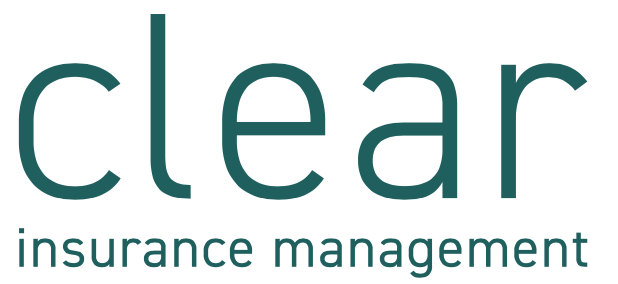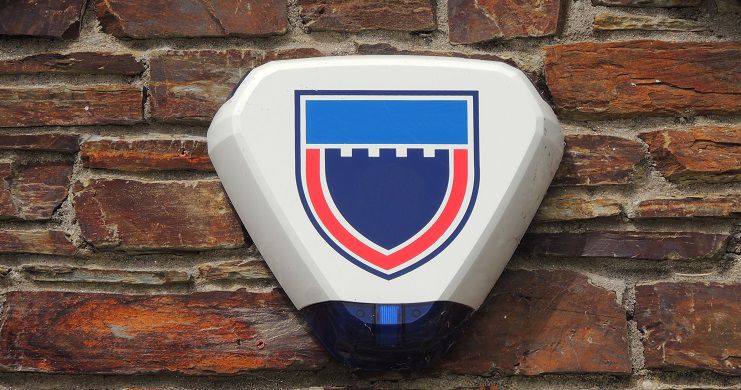Many property insurance policies, especially those covering commercial properties, require the installation of an approved alarm system as a condition of coverage. BT Redcare has been widely used in the UK, so this decision could have significant implications for both commercial and residential buildings and their insurance coverage.
What is BT Redcare?
BT Redcare is an alarm solution that operates through a standard analogue BT phone line. It works by sending alerts to property owners and/or the police when an alarm is triggered. Over the years, BT has established itself as a very reliable alarm service provider for both commercial and residential properties.
How will this affect BT Redcare customers?
More than 100,000 buildings insurance policyholders are estimated to rely on BT Redcare for their alarm systems. With its closure, these policyholders must find alternative solutions to ensure their insurance coverage remains valid.
While BT Redcare's service will remain available until 1 August next year, industry experts are worried about the availability of equipment and whether security system suppliers can handle the increased demand for like-for-like protection. The insurer AXA has raised concerns that there may be too few suppliers that can match BT Redcare’s performance level.
Alarm systems play a crucial role in determining insurance coverage for commercial buildings, as insurers often require specific alarm standards to be met. Redcare's discontinuation, therefore, means that existing policies may be invalidated after 1 August if an equivalent replacement system isn’t installed by then.
Meeting insurer requirements
If you currently use BT Redcare, you must look for alternative solutions as soon as possible to ensure your insurance coverage remains valid. When choosing a replacement system, you must:
- Ensure that it meets the performance requirements set out by your insurer. AXA, for example, will accept DP3 or any dual path alarm transmission system with performance level DP3 certificated to BSEN50136-1:2012 as a like-for-like replacement
- Use a security company regulated by the National Security Inspectorate (NIS), which incorporates the National Approval Council for Security Systems (NACOSS), or the Security Systems and Alarm Inspection Board (SSAIB) to perform the installation
- Have the new system annually maintained according to NSI, which incorporates NACOSS, or SSAIB standards.
Remember, evidence of a maintenance agreement is essential in case of a claim.
How are insurers responding to BT Redcare’s withdrawal?
After reviewing a cross-section of insurance policies, Clear's claims team found that references to BT Redcare had been removed, suggesting that insurers already view the system as discontinued. Some wording states that alarms must be NSI or NACOSS regulated, and the response level endorsed on any given policy will depend on what is at risk in the event of theft.
Here is an example of an insurance policy endorsement:
- The intruder alarm system must be installed and maintained by an alarm company accredited either by NSI (National Security Inspectorate) NACOSS (National Approval Council of Security Systems) Gold or Silver, or SSAIB (Security Systems and Alarms Inspection Board) to generate full police response (Level 1, where the police will respond to the activation of the intruder alarm immediately) to alarm activations.
- If the alarm system is not fully effective, you must make arrangements for your premises to be attended by a responsible person until the intruder alarm system is fully operational.
- You must not make any changes to the alarm signalling method type shown in your schedule for police response to any activation of the intruder alarm system without our written agreement.
- You must keep all security codes for the intruder alarm system confidential and never leave them on the premises when they are closed for business and left unattended.
- You will appoint at least two keyholders and give written details (which must be kept up to date) to the alarm company and the police or the alarm-receiving centre.
High-Net-Worth and Personal Lines insurers
Our claims team could find no specific details on intruder alarms for the High-Net-Worth and Personal Lines insurers. Nevertheless, insurers usually advise when arranging policies that there is a common requirement that if an alarm is needed, the system must be covered by a maintenance contract with an alarm company registered with an alarm-receiving centre linked to a police response.
Speak to your insurance broker
If you’re a BT Redcare customer, you should consult your insurance broker immediately. They can guide you through the necessary steps and offer suggestions on suitable replacement systems. It’s also worth keeping an eye out for communications from other alarm maintenance companies, as they’re likely to approach Redcare customers with alternative solutions following BT’s announcement to close down its own service.
If you have an alarm with a central station connection, it might be prudent to speak to your alarm company sooner rather than later to see if an upgrade is required since all the signalling methods will differ. You should also send any proposed changes to your broker for the insurer's approval before you proceed with the upgrade.
Above all, prioritise securing a replacement system that meets your insurer’s requirements. This proactive approach will help avoid premium hikes, coverage restrictions, or claim denials.
Planning beyond BT Redcare
While BT Redcare's closure is undoubtedly concerning, policyholders can still safeguard their property insurance coverage by finding a suitable alternative and ensuring compliance with their insurance policy requirements. Ultimately, while the closure may pose challenges, timely preparation will help mitigate any potential disruptions.
Contact us
If you you believe you're policy may be affected by this issue, please call: 020 7280 3450 or email: enquiries@thecleargroup.com






